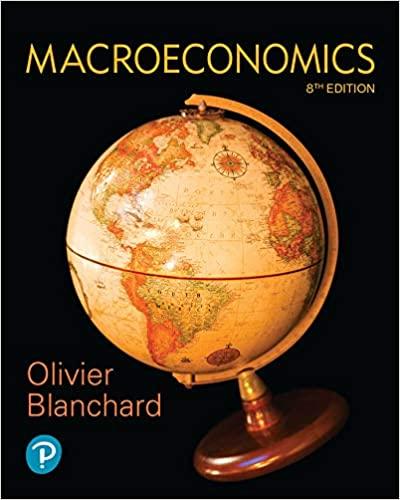Suppose the economy is operating at the zero lower bound for the nominal policy rate; the initial
Question:
Suppose the economy is operating at the zero lower bound for the nominal policy rate; the initial equilibrium is at the positive target rate of inflation and the economy is resting at potential output but there is a large government deficit in period \(t\). A newly elected government vows to cut spending and permanently reduces the deficit by cutting \(G\) and raising \(T\) in period \(t+1\) and subsequent periods.
a. Draw a sketch of the initial equilibrium in this situation, then work out the effects of the policy on output in period \(t+1, t+2\) and so as long as expected inflation remains anchored at its initial level.
b. Suppose with inflation persistently less than the target rate of inflation, the expected rate of inflation falls. When would inflation become negative in this situation? If expected inflation changed to a negative value, what happens to the real policy rate? How will this affect output in in the period where expected inflation becomes negative?
c. How does the zero lower bound on nominal interest rates make a fiscal consolidation more difficult? Could this policy lead to a deflation spiral?
Step by Step Answer:





